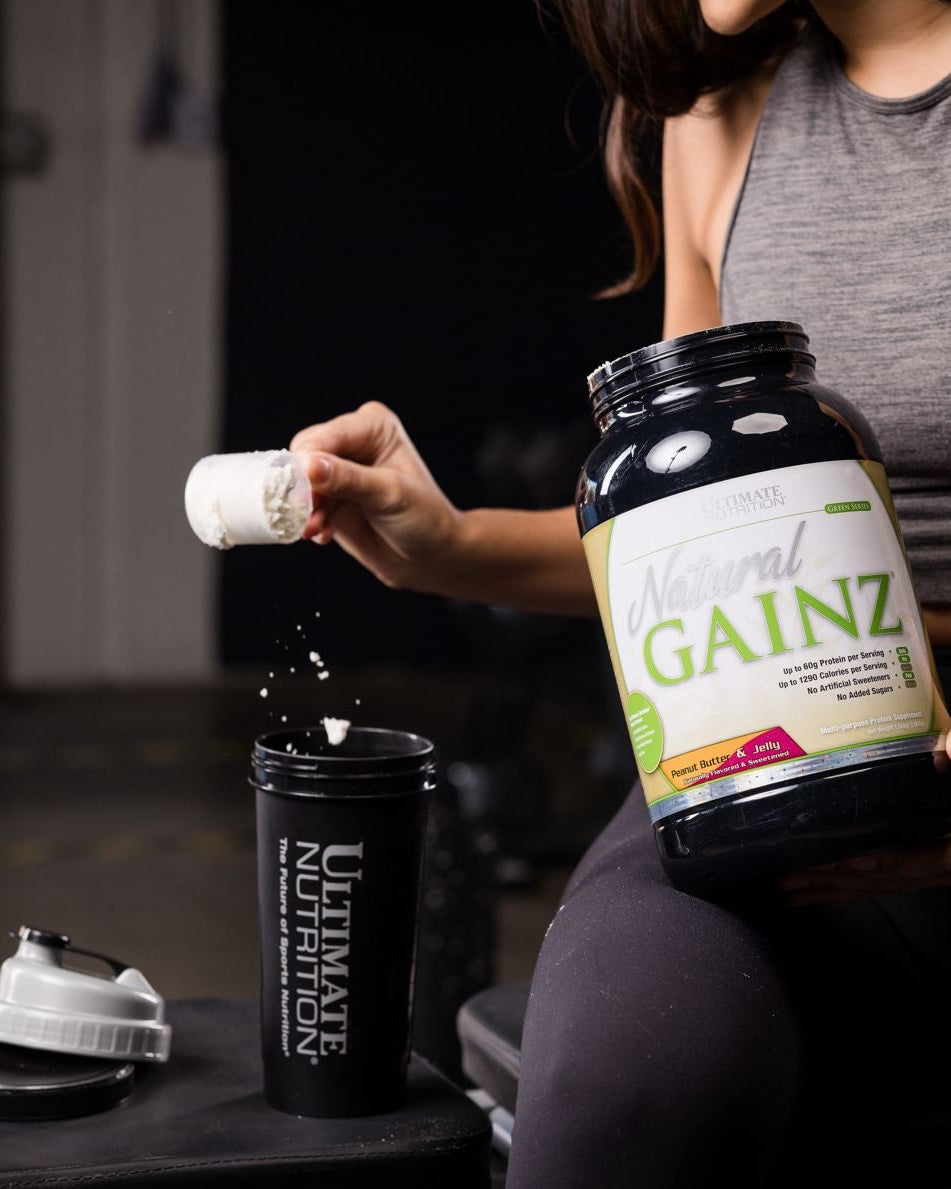In an age where diet trends come and go, a fresh perspective has emerged, emphasizing adaptability and individualized nutrition.
Flexible dieting, often coined "If It Fits Your Macros" (IIFYM), has rapidly gained traction among fitness enthusiasts, health-conscious individuals, and those on a weight loss journey.
It breaks away from the conventional, often restrictive, dieting methods and presents a refreshing, more adaptable approach to managing one's diet.
In this article, we'll delve deep into what flexible dieting truly is, its foundational principles, and how it contrasts with traditional dieting methods.
What is a Flexible Diet?
At its heart, flexible dieting emerges as a unique approach to nutrition, focusing less on the rigid confines of traditional diet rules and more on the broader picture of overall nutrient intake.
Instead of pigeonholing foods into the "allowed" or "restricted" categories, this method emphasizes daily macronutrient targets – the trio of proteins, fats, and carbohydrates.
By determining one's daily caloric needs and breaking it down into these specific macronutrient targets, an individual can potentially eat any food they desire, as long as it fits within their allocated protein, fat, and carbohydrate amounts. This is why it is often referred to eas the "If It Fits Your Macros" (IIFYM) approach.

Maintaining your Favorite Meals
Here's where it gets liberating: With flexible dieting, there's no need to bid farewell to your chocolate cake or Friday night pizza. It's all about balance and moderation.
As long as you're hitting your macronutrient goals for the day, those favorite foods can find their rightful place on your plate.
Research on Flexible Dieting
Research indicates that when done correctly, flexible dieting can be as effective as other dietary methods for weight loss, maintaining muscle mass, and improving body composition.
Remember, the key is staying in a calorie deficit to lose weight and being consistent with your food choices.
Why Choose a Flexible Dieting Approach?
In a world filled with dietary guidelines, meal restrictions, and countless "dos and don'ts," why would someone opt for a flexible dieting approach? The answer lies in its adaptive nature, allowing individuals to navigate the complex landscape of nutrition with more ease and autonomy.
Here, we dive into the compelling reasons why flexible dieting stands out as a preferred method for many:
Promotes Long-Term Habits
Unlike other diets that categorize foods as "good or bad," the flexible diet lifestyle encourages a more balanced view.
When you don’t demonize certain food groups, you’re more likely to stick with the diet in the long term.
Personalized Meal Plans
Your body composition goal might differ from another person's. This approach lets you tailor your food intake based on your unique needs, whether you're trying to gain weight or focus on fat loss.
Easier Social Situation
You don’t need to skip a meal out with friends because the food choices aren't in your strict diet plan. As long as you’re mindful of your macros and overall calorie consumption, you can enjoy a wide variety of cuisines.
How to Incorporate a Flexible Diet Lifestyle
Jumping into the world of flexible dieting is a great move, but to truly make it work, you need a solid game plan. While flexible dieting offers more freedom, it's not just about eating whatever you fancy. It's about smart choices based on the science of macronutrients.
Understand Your Caloric Needs
The first step is to determine how many calories you need daily to achieve your goals, whether maintaining, gaining, or losing weight. Various online calculators or professionals can help you with this.
Determine Your Macronutrient Breakdown
Depending on your goals, you'll want to adjust the percentage of proteins, fats, and carbohydrates in your diet.
For instance, someone aiming to build muscle might focus more on protein, whereas someone trying to lose weight might monitor their carbohydrate intake more closely.
Prioritize Nutrient-Dense Foods
While you can eat the foods you love, it's essential to prioritize foods rich in vitamins, minerals, and other essential nutrients. This means basing most of your diet around whole foods, such as vegetables, lean meats, healthy fats, and whole grains.
Practice Moderation
If you choose to indulge in less nutritious foods, do so in moderation. This ensures that while you enjoy the treats you love, they don't throw off your nutrition goals for the day.
Stay Hydrated
Water is crucial for metabolic processes and overall health. Ensure you drink adequate water daily, along with other hydrating beverages.

Protein Powders and Supplements in Flexible Dieting
When it comes to flexible dieting, protein powders, and supplements play an instrumental role. They offer a convenient way to ensure that your protein needs are met, especially on days when whole food sources might fall short.
Here’s a brief look at the significance of protein powders in the IIFYM world:
Easily Trackable
One of the biggest advantages of using protein supplements is the ease of tracking. Each serving provides a specific amount of protein, making it simpler to account for in your daily macronutrient goals.
Quick Absorption
Post-workout, your muscles require a fast-digesting protein source for recovery. Whey protein, a popular choice among fitness enthusiasts, offers just that. It ensures your muscles get the needed protein in a timely manner.
Versatility
Whether you’re making a shake, adding it to oatmeal, or baking with it, the versatility of protein powder allows it to be integrated seamlessly into various meals.
Quality
A high-quality protein powder ensures that you're getting a complete amino acid profile, which is crucial for muscle repair and growth.
Caloric Control
For those aiming for weight loss, protein powders provide a controlled amount of calories, making it easier to maintain a calorie deficit without compromising on protein intake.
Try a Flexible Diet with Ultimate Nutrition
At Ultimate Nutrition, we've always believed that a personalized approach to dieting is the key.
We understand the critical role of proteins in such diets, so we’ve collected an assortment of protein supplements. Think delicious, easy-to-blend, and packed with all the essential nutrients. A few of our favorites include:
Through our articles and videos, we aim to guide, support, and empower every step of your fitness journey. Here's to making every meal, every choice, and every day count!
The information provided in our articles are meant for informational and educational purposes exclusively and should not be considered as medical advice. It is essential to consult a healthcare professional before starting a new nutritional product and/or making significant changes to your diet and/or starting a new exercise regime. These products are not intended to diagnose, treat, cure, and/or prevent disease.





















